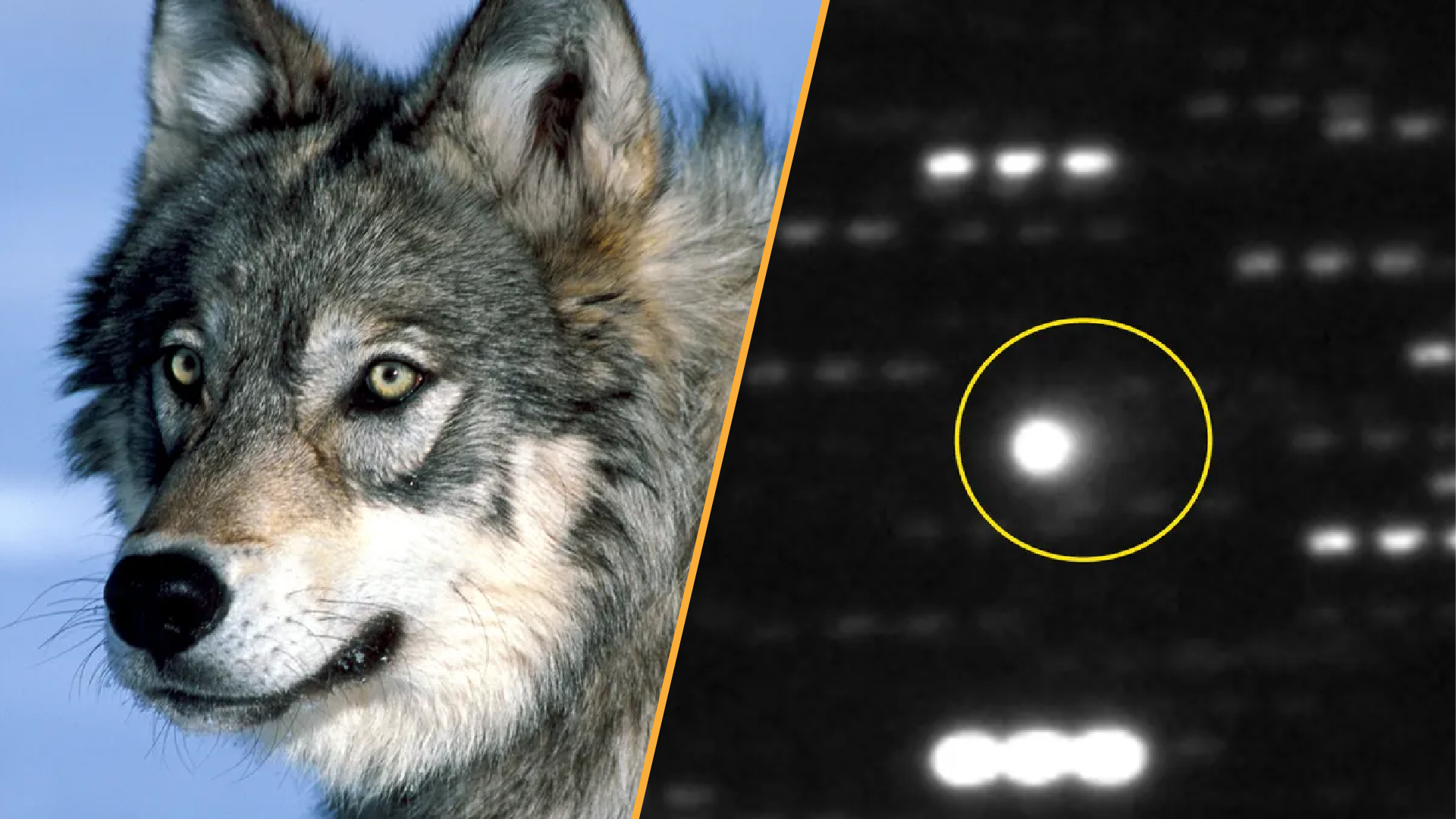T4K3.news
Science Magazine Retraction Sparks Controversy
Science Magazine has retracted a significant 15-year-old NASA paper, prompting criticism from NASA.

The retraction of a significant NASA study raises questions about scientific integrity.
Science Magazine Retracts NASA Astrobiology Paper After 15 Years
Science Magazine has retracted a paper published 15 years ago, claiming that a bacterium can use arsenic instead of phosphorus for growth. This paper, which sparked considerable excitement in the scientific community, was part of NASA's astrobiology research. A statement from NASA's Nicola Fox criticized the magazine's decision, highlighting concerns about newly applied standards for retraction and the lack of consistency in their application. Fox emphasized the importance of transparency in scientific communication, especially for findings that might have errors. The agency does not support the retraction, urging Science Magazine to reconsider its decision to uphold the integrity of scientific research.
Key Takeaways
"The change in policy at the journal, Science, to retract research publications due to a disconnection between the data and the published conclusions is unprecedented."
Nicola Fox emphasizes the unusual nature of the retraction policy change.
"NASA does not condone or support the retraction decision made by Science."
This statement reveals NASA's strong disagreement with the magazine's actions.
"The agency encourages Science to reconsider its retraction to protect the integrity of the scientific process."
Here, NASA appeals for a more balanced approach to retraction practices.
The retraction of this NASA paper highlights the tensions within scientific publishing. While accuracy and transparency are critical, the timing and implications of this retraction raise questions about editorial practices. It seems puzzling that a significant change in policy would not have been applied more broadly at first. This incident underscores the need for a balanced approach that protects both scientific innovation and rigorous data analysis. It signals a potential shift that could impact how research is presented and perceived in the future.
Highlights
- Fifteen years later, Science Magazine flips the script on a crucial study.
- NASA's call for transparency challenges editorial standards in scientific journals.
- It's essential for science to uphold integrity, especially with groundbreaking findings.
- Retraction raises more questions about how we assess scientific publications.
Concerns Over Scientific Integrity
The sudden retraction raises significant questions about the standards for scientific publication and the implications for public trust in research findings.
This retraction may reshape the landscape of scientific publishing and peer review standards.
Enjoyed this? Let your friends know!
Related News

Science journal retracts reported arsenic-eating bacteria study
NASA-funded study retracted by Science journal

New biography reveals insights about Gwyneth Paltrow

Jenna Jameson Sparks New Romance Rumors

Arsenic life study retracted by major journal

Wolves Revive Yellowstone Forests

Controversy sparks over Black Myth Wukong's diversity issues

Playboy ends partnership with Mia Khalifa
